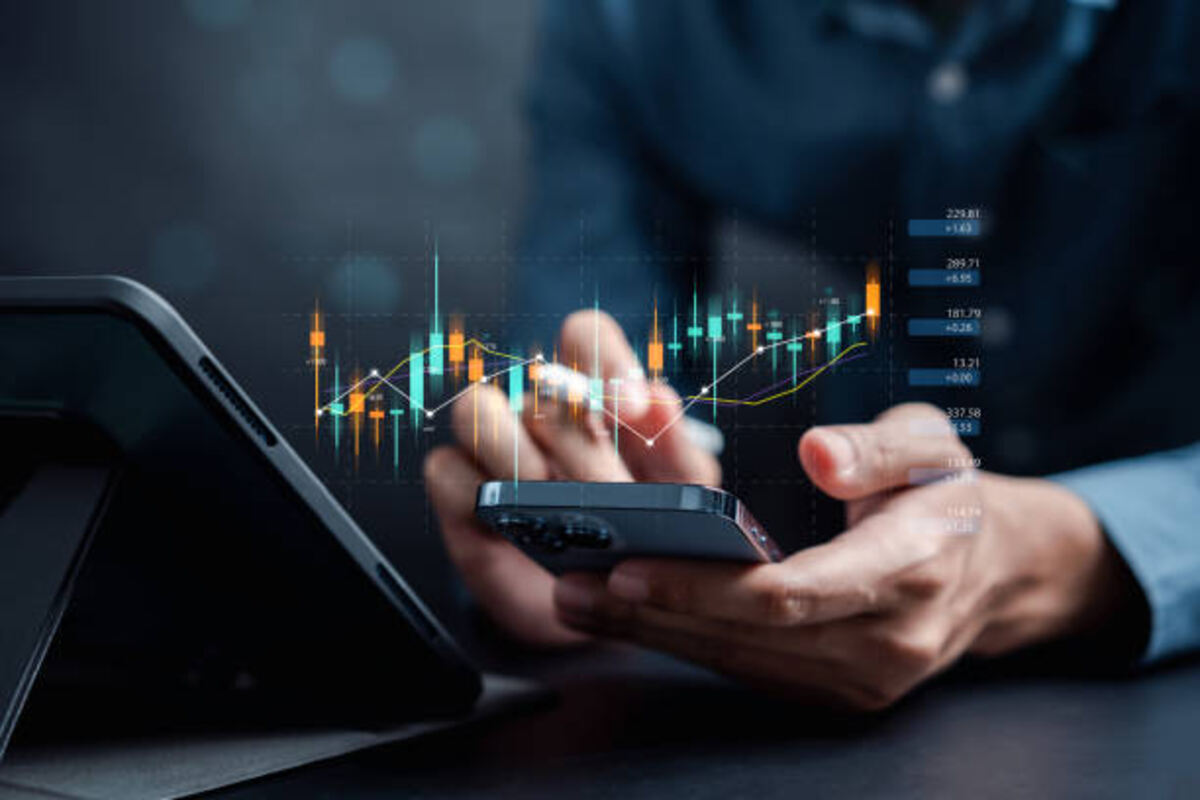The Basics of Forex Trading
Forex trading involves buying or selling currencies on the foreign exchange market. Currencies are traded in pairs, with each pair characterized by an international three-letter code. Currency prices fluctuate frequently due to geopolitical events influencing them. Read the Best info about forex robot.
EUR/USD is one of the world’s most traded currency pairs. It could potentially bring significant profits if you believe the euro will gain against the dollar.
Currency pairs
Currency pairs form the cornerstone of forex trading. Each pair contains one base currency and a quote currency; when purchasing or selling EUR/USD pairs, one may expect that one or both currencies will rise or fall against one another, respectively. When buying or selling one pair against the other, you anticipate an increase in value for one over time and anticipate the other to decrease in price relative to itself – or vice versa.
Forex traders rely on several tools and strategies to make smart trades and increase profits, including technical analysis and fundamental analysis—two approaches that examine how economic factors and policy decisions affect currency prices.
Currency pairs are measured in percentage in points (pips). Pips represent the difference between the bid and ask prices of any given currency pair; one pip equals one-tenth of one currency unit. A standard lot size for currency pairs is 100,000 units of their base currency; some brokers also offer mini lots of 10,000 or micro lots of 1,000; depending on which base currency an account uses, its base currency determines a particular pair’s pips value.
Trading platforms
Forex traders use trading platforms to analyze and interpret markets, place orders, and manage their positions. Leveraged trades increase both profits and losses exponentially; however, mastering how to trade forex takes both time and effort; for success to occur, traders must create a detailed plan that sets goals while taking into account geopolitical influences on currency prices, economic indicators, and technical analysis tools as well as risks of using leverage.
An essential factor when selecting a forex trading platform is ease of use. An intuitive platform should offer comprehensive information in various modules, while real-time market data should be provided via a reliable security system, with global markets connected and advanced charting tools supplied as standard. Finally, regulatory oversight from a reputable body to ensure integrity should also be ensured – especially important given the risks inherent to forex trading where risks can be exceptionally high – as Spotware Systems’ cTrader is an exemplary example of such a reputable platform.
Leverage
Forex trading can be an enjoyable and profitable activity, yet it can also be risky without proper caution. That is why leverage is so essential – it allows you to control larger trades than your initial capital allows, making profiting from even small price movements easier. Unfortunately, though, leverage can magnify losses exponentially, so it must be used wisely to limit exposure.
Leverage in forex trading is an essential tool that enables traders to leverage borrowed funds rather than their own to increase trade size and gain greater exposure. Leverage availability depends on each provider and region-specific margin requirements for trading margin.
As leverage allows traders to take positions that are ten times larger than the cash they deposit into their account, it will enable exponentially greater profit potential – although losses could also increase dramatically as profits and losses are calculated according to the total value of each position rather than the amount of capital invested. It is, therefore, vital that traders understand both its benefits and potential pitfalls prior to engaging in trading – using leverage only as an enhancement tool in pursuit of profits.
Margin
Forex trading can be both risky and profitable. One essential tool used to maximize potential profits in forex trading is margin. Margin allows traders to leverage their account balance to control more prominent positions than would otherwise be available with their account balance alone. Unfortunately, however, margin can often come with its own set of jargon that needs to be understood before beginning trading; otherwise, an unpleasant experience may await them.
Margin is the portion of your account set aside by your broker to cover potential losses and is known as “used margin.” Any remaining amount, known as “free margin,” should remain available to open new trades – it should constantly be monitored to stay at optimal levels. Traders should keep tabs on this account balance at all times.
Margin requirements will depend on your broker and the type of asset you trade. Popular currency pairs typically have an initial margin rate of 3.3% in the UK, while indices and commodities generally require 5%. When looking for the ideal broker and rate, always compare rates to make an informed decision.
Regulation
Forex regulation is essential to the healthy operation of any market, protecting traders from illegal practices while upholding fair trading conditions and providing transparency and safety for them. Most forex brokers are subject to regulations by major global supervisory bodies in order to safeguard traders. Regulated brokers must meet specific standards, including being registered and licensed with these bodies, conducting regular audits on them, and communicating any changes of service with clients accordingly.
Brokers also employ safeguards to detect and report suspicious activity, contributing to market integrity while safeguarding traders from financial scams. Furthermore, brokers typically provide educational resources designed to increase traders’ understanding of the market.
Regulators of the forex market are deeply concerned about money laundering and terrorist financing activities in its marketplace. To combat this activity, forex brokers place significant emphasis on anti-money laundering (AML) measures. In addition, clients must provide details regarding where their funds come from and verify who they are before being permitted to trade on forex markets.

